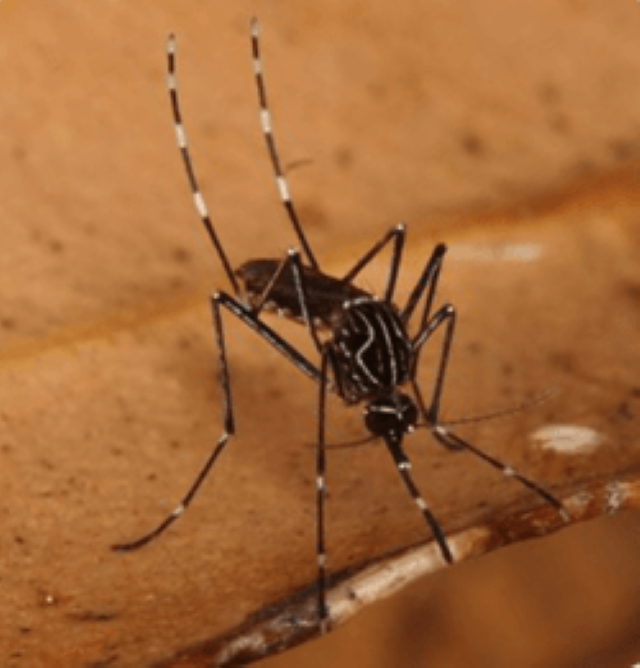Bellarine Peninsula residents are being urged to take precautions to minimise their risk of contracting the Buruli ulcer.
The Department of Health has advised the disease, also called the Bairnsdale ulcer, is spreading geographically across Victoria and there has been an increase in cases linked to several suburbs in Greater Geelong.
The department has also advised there is increasing evidence that mosquitoes and possums play a role in transmission of the disease.
City of Greater Geelong Director of City Services Guy Wilson-Browne urged community members to work with the City to protect themselves and their homes appropriately.
“While the City is working hard to safely reduce their numbers, mosquitoes are a natural part of the ecosystem and it’s not possible to make a significant reduction in their population,” he said.
“There are many simple things you can do to avoid getting bitten by mosquitoes. Applying insect repellent, wearing loose clothes to cover arms and legs and wearing closed-in shoes can significantly increase your protection against mosquito bites.”
Officers are currently monitoring larval numbers across Greater Geelong and will be continually assessing and reviewing potential breeding sites over the coming months. This includes applying treatments to drains, dams, and easements where it is safe to do so.
“We are monitoring key sites where there has been a reported increase in mosquitoes in areas such as Eastern Park, Barwon Heads and Ocean Grove,” Mr Wilson-Browne said.
“The persistent rain means we’re likely to see higher mosquito numbers than in previous years and unfortunately the rain also limits the effectiveness of the treatments we have applied.”
If community members are concerned about a sore or suspect they have an ulcer developing, they are urged to seek medical advice.
The City is asking everyone to help manage mosquito populations by following steps to maintain their properties and reduce opportunities for mosquito breeding.
For information on the Buruli Ulcer visit:
betterhealth.vic.gov.au/health/healthyliving/Buruli-ulcer#symptoms-of-buruli-ulcer







